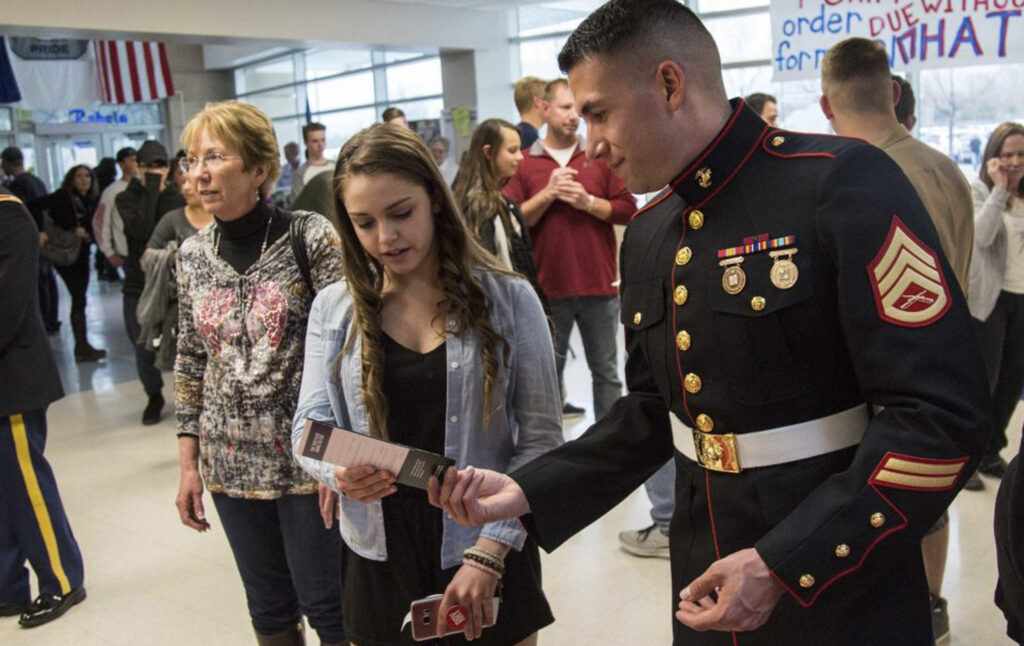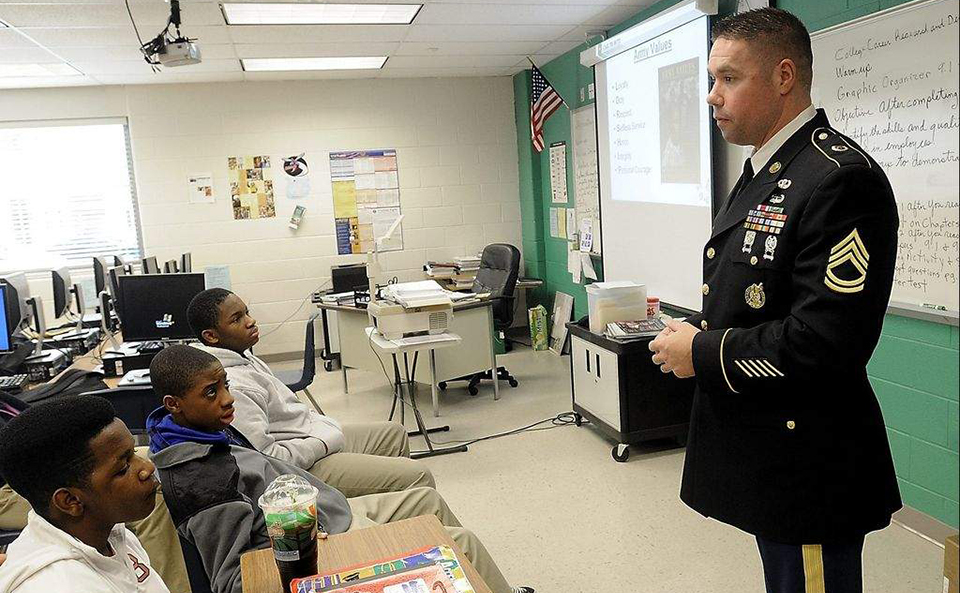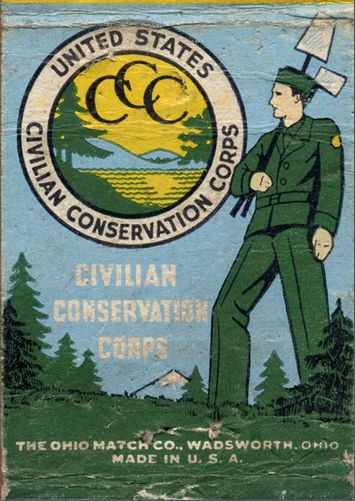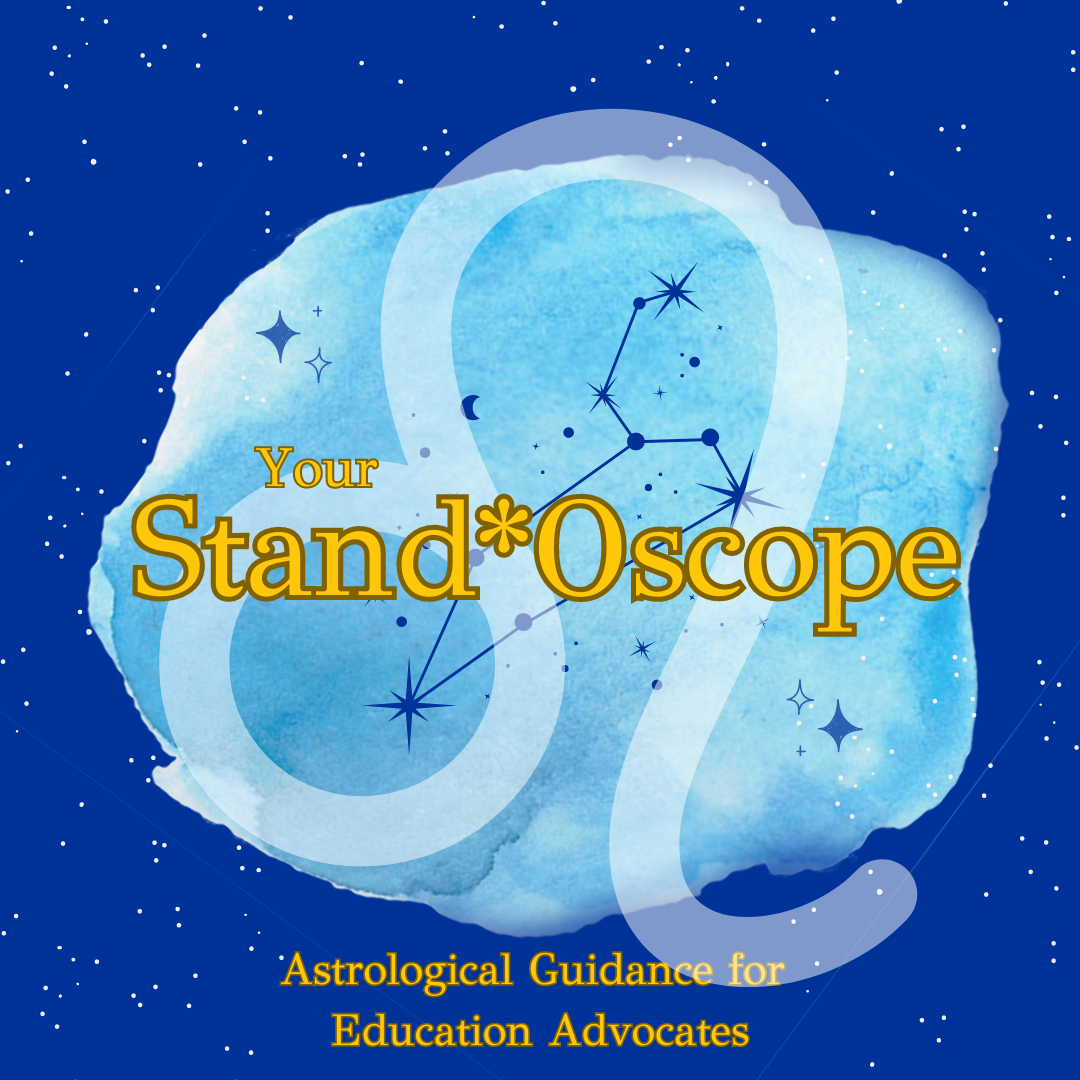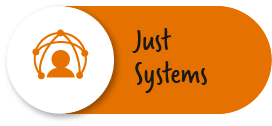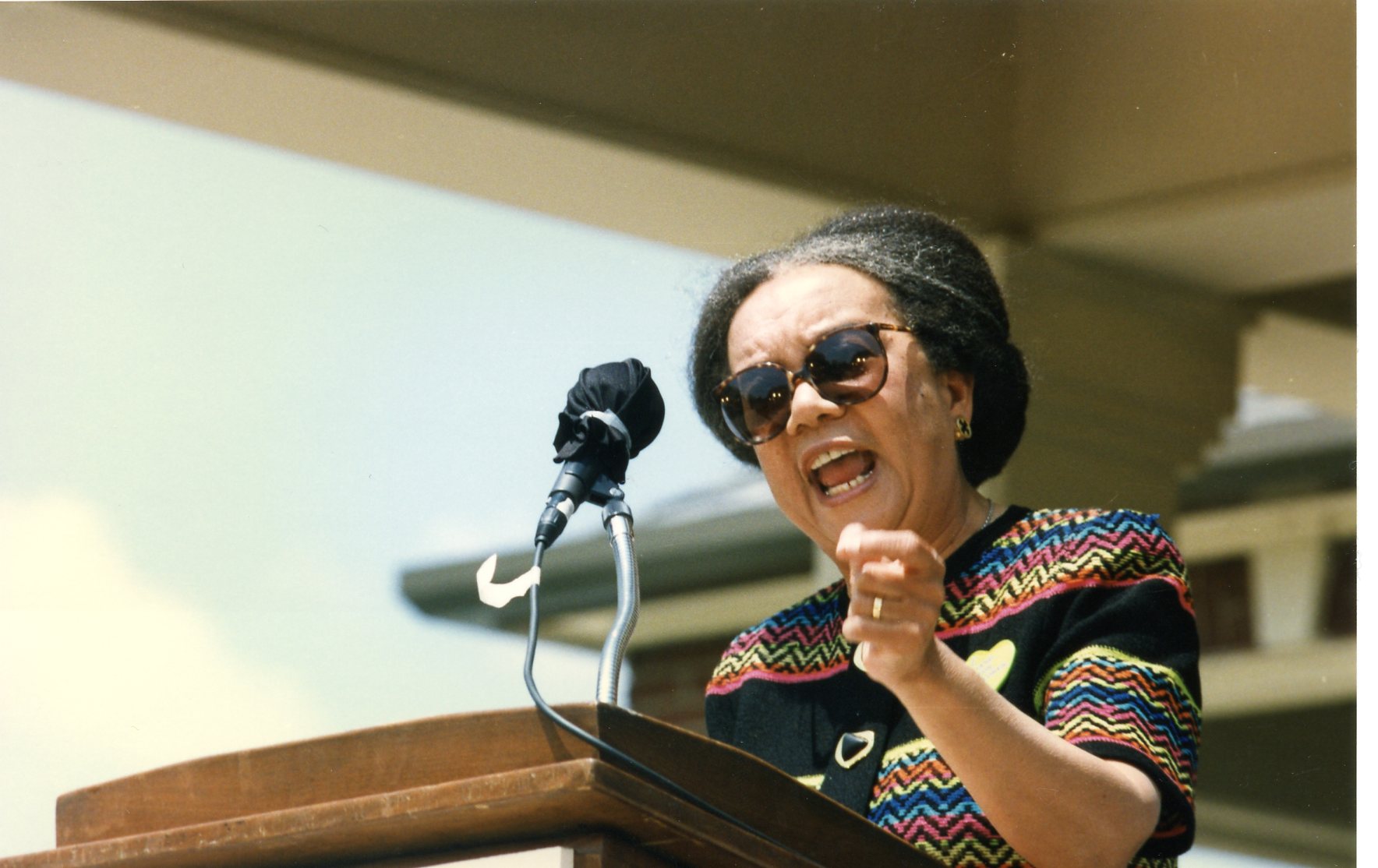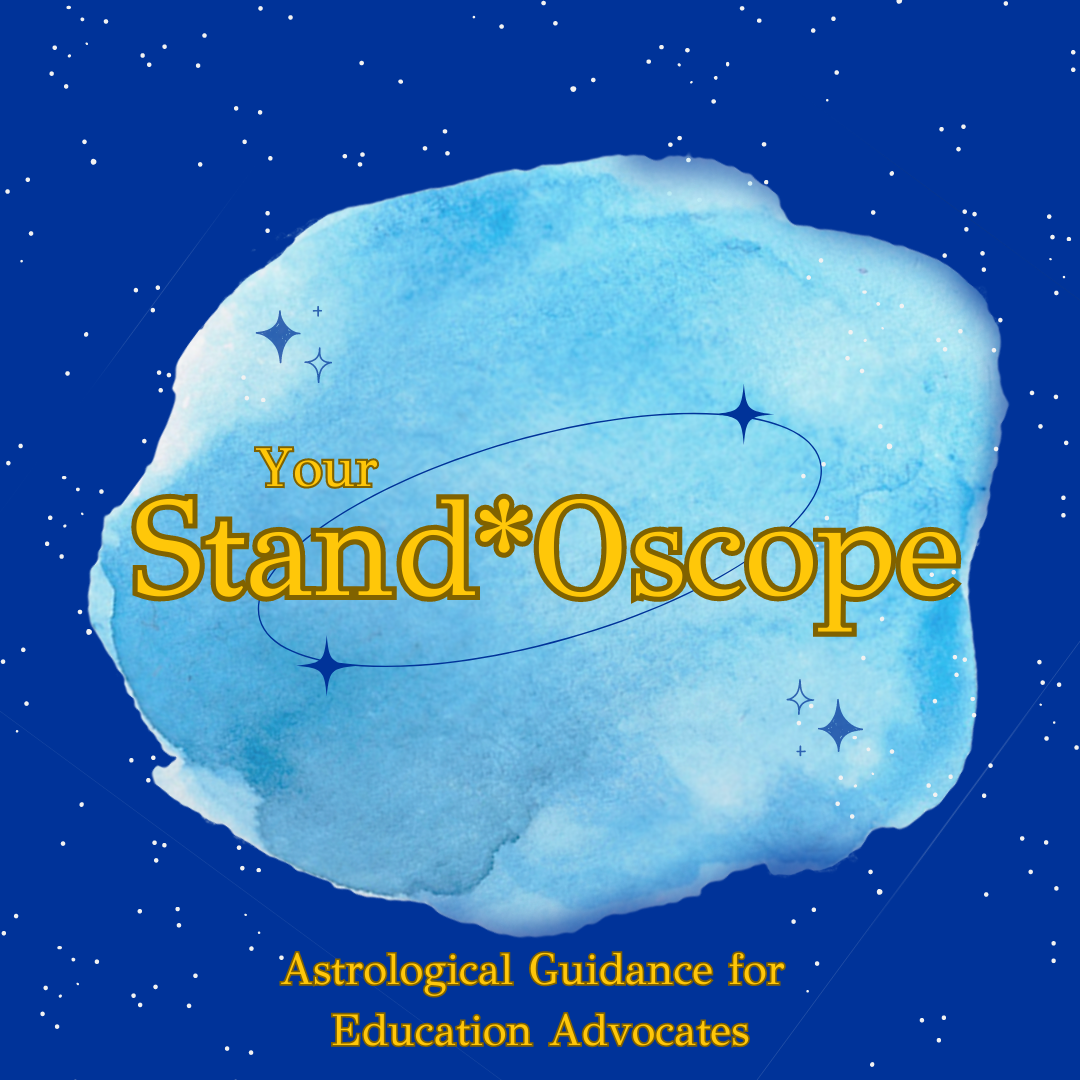FOR IMMEDIATE RELEASE: Stand for Children and Amira Learning Join Forces to Achieve Breakthrough Early Literacy Progress
FOR IMMEDIATE RELEASE
Stand for Children and Amira Learning Join Forces to Achieve Breakthrough Early Literacy Progress
[Portland, Oregon] — Stand for Children, a leading national nonprofit committed to education equity and racial justice, and Amira Learning, an innovative education technology company focused on improving literacy outcomes for students, are proud to announce a powerful strategic partnership.
This groundbreaking collaboration’s aim is audacious: boost the early literacy education of millions of K-6 students, with multilingual learners and students experiencing poverty receiving the greatest benefit.
By combining Stand for Children’s early-grade literacy expertise and significant state presence with Amira Learning’s cutting-edge artificial intelligence technology and already significant reach, the partnership seeks to address the critical need to provide high impact, personalized early literacy tutoring for students while teachers work with their peers in small groups.
Jonah Edelman, CEO and Co-Founder of Stand for Children, expressed excitement about the partnership, stating, “Amira Learning’s impact on students’ early literacy development already far surpasses their comparators, and their visionary, mission-driven leadership is relentlessly focused on how to achieve the next level of progress. We are excited to be able to help Amira — which leverages state-of-the-art technology to provide unparalleled personalized and effective literacy instruction to nearly two million students — to substantially increase their impact and reach.”
Mark Angel, CEO and Co-Founder of Amira Learning, echoed Edelman’s sentiments, emphasizing the significance of early literacy in a child’s educational journey. Angel remarked, “We are thrilled to collaborate with Stand for Children to advance our mission of empowering educators and improving literacy outcomes for students. By harnessing the power of artificial intelligence, we can tailor instruction to meet the individual needs of each student, ultimately fostering a lifelong love of reading and learning.”
Through this partnership, Amira Learning will implement a host of strategic enhancements to the Amira literacy tutoring program recommended by internationally renowned early literacy expert Dr. Nell Duke, who leads Stand for Children’s Center for Early Literacy Success. Dr. Duke will serve as Amira Learning’s Principal Research Advisor to ensure the platform stays current with early literacy research. The enhancements will increase reading comprehension impact and students’ motivation and persistence in reading. “By implementing Dr. Duke’s research-based recommendations, we expect to see even higher effect sizes for all students, English Learners, and low-income students as a result. We could not be more excited about increasing our impact just as we are expanding our reach,” Mark Angel noted.
In addition, Stand for Children will expand access to Amira’s high quality early literacy tools by purchasing and distributing 45,000 Amira licenses to partner school districts in states where Stand for Children operates. “Our focus will be to partner with schools that serve a significant number of students from historically underrepresented racial and ethnic groups and that are committed to ensuring consistently high student utilization of Amira Learning, which translates into major early literacy gains,” said Edelman.
Background
Stand is a unique catalyst for education equity and racial justice to create a brighter future for us all. Through its Center for Early Literacy Success, Stand helps schools that meet conditions for readiness to achieve breakthrough early literacy gains. The Center is led by renowned early literacy expert Dr. Nell Duke, whose projects include co-leading the development of the Great First Eight Curriculum, a groundbreaking, free open educational resource (OER) curriculum for children from infants through second grade. Great First Eight is comprehensive, fully research- and standards-aligned, and continually improved as new research is published. Learn more at GreatFirstEight.org.
Amira was created to couple the Science of Reading (SoR) with AI, giving every child a pathway to the power of reading. Amira was born in academia, is delivering accelerated growth by reflecting the guidance of leading reading scientists, and is rapidly evolving to reflect the latest Science of Reading research. Amira’s Intelligent Tutor software listens to students read out loud, identifies their skill gaps and delivers 1:1 personalized tutoring. Each word that students read with Amira is a formative assessment, enabling the software to provide actionable insight to teachers. As students read, Amira provides scaffolding and instruction in real time, delivering explicit and systematic science of reading instruction. Research and empirical evidence demonstrate Amira’s effectiveness in accelerating reading fluency and comprehension beyond that of other leading EdTech applications.
For more information about Stand for Children and Amira Learning, please visit www.stand.org and www.amiralearning.com.
Contact:
Jennifer Warner
Executive, Organizing and Campaigns
[END OF PRESS RELEASE]







